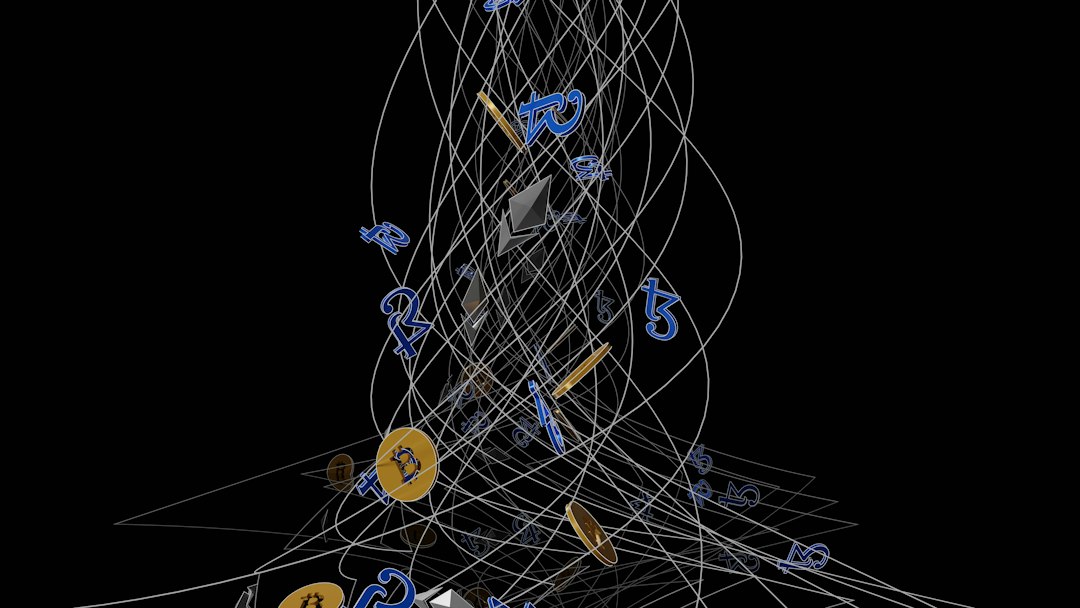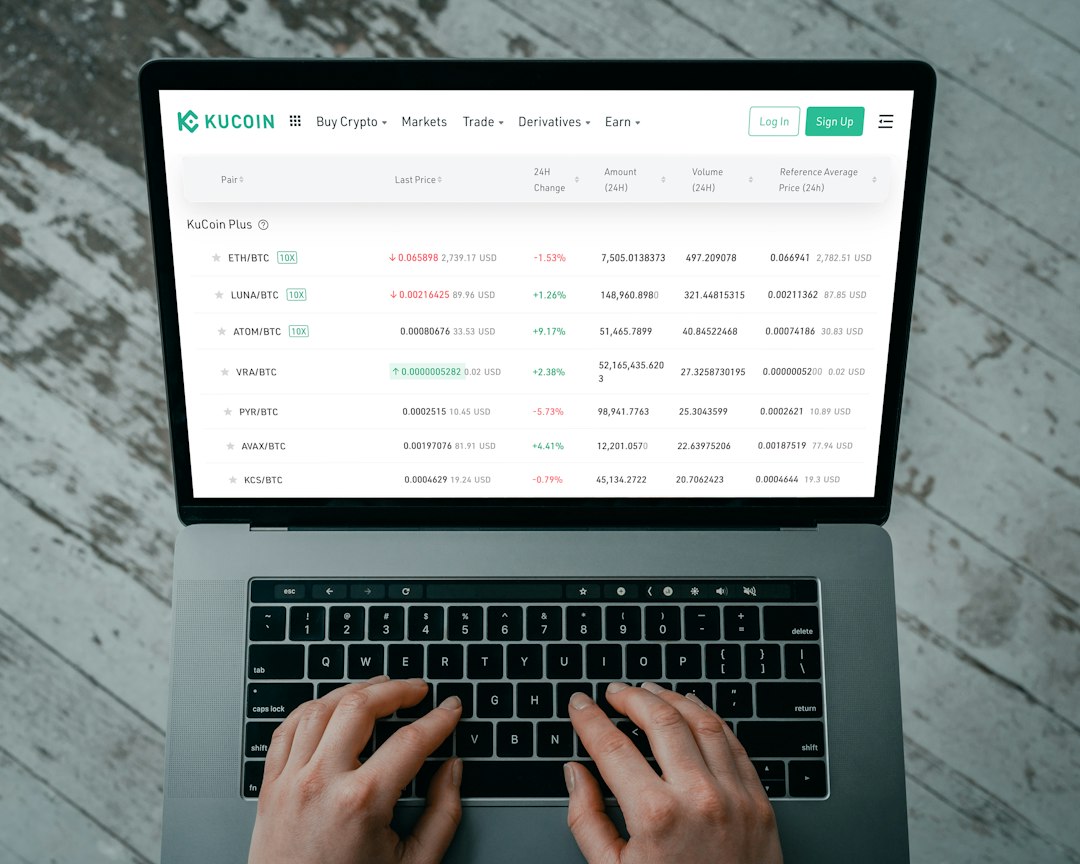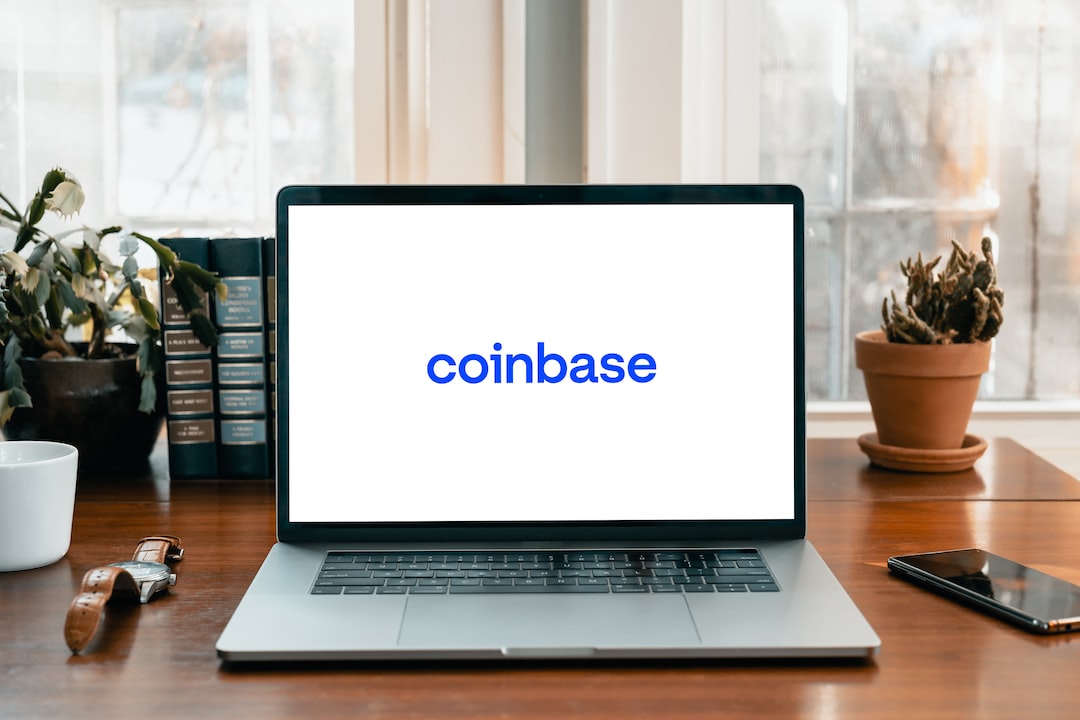Demystifying RSK Smart Bitcoin: Exploring the Benefits and Use Cases
Are you familiar with RSK Smart Bitcoin (RBTC)? If not, don’t worry—you’re not alone. In this article, we’ll demystify RBTC and explore its benefits and use cases. Whether you’re a seasoned cryptocurrency investor or just dipping your toes into the world of digital assets, understanding RBTC can open up new opportunities for you. So, let’s dive in and learn more about this innovative form of digital currency.
What is RSK Smart Bitcoin?
First things first—what exactly is RSK Smart Bitcoin? RBTC is a token that represents Bitcoin on the RSK network, which is a smart contract platform that is built on top of the Bitcoin blockchain. In simple terms, RBTC allows you to use Bitcoin in the world of decentralized finance (DeFi) and smart contracts. By converting your Bitcoin into RBTC, you can tap into the benefits of the RSK network, such as faster transaction times and lower fees.
The Benefits of RSK Smart Bitcoin
Now that you have a basic understanding of what RBTC is, let’s explore some of its key benefits. One of the main advantages of using RBTC is its compatibility with Ethereum-based smart contracts. This means that you can access a wide range of DeFi applications and services using your RBTC holdings. Additionally, RBTC transactions are processed much faster than traditional Bitcoin transactions, thanks to the RSK network’s advanced technology.
Another benefit of RBTC is its potential for interoperability with other blockchains. As the cryptocurrency space continues to evolve, interoperability has become an increasingly important factor for investors and developers alike. With RBTC, you can seamlessly transfer value between different blockchain networks, opening up new possibilities for cross-chain applications and services.
Use Cases for RSK Smart Bitcoin
So, how can you actually use RBTC in real-world scenarios? One common use case for RBTC is accessing DeFi platforms that are built on the RSK network. These platforms offer a wide range of financial services, including lending, borrowing, and trading, all powered by smart contracts. By converting your Bitcoin into RBTC, you can take advantage of these DeFi opportunities without having to sell your original BTC holdings.
In addition to DeFi applications, RBTC can also be used for tokenization and asset management. The RSK network supports the creation and management of digital assets through smart contracts, allowing users to tokenize real-world assets such as real estate or commodities. This opens up new avenues for investment and diversification within the cryptocurrency space.
Getting Started with RSK Smart Bitcoin
If you’re interested in exploring RBTC further, getting started is easier than you might think. To begin using RBTC, you’ll need to convert your existing Bitcoin holdings into RBTC tokens. This process typically involves using a decentralized exchange (DEX) or a specialized platform that supports token swaps between Bitcoin and RBTC.
Once you have acquired RBTC tokens, you can start exploring the various DeFi platforms and services available on the RSK network. Keep in mind that while RBTC offers many advantages over traditional Bitcoin transactions, it’s still important to exercise caution and conduct thorough research before participating in any DeFi activities.
Frequently Asked Questions (FAQs)
Q: Is there a minimum amount of BTC required to convert to RBTC?
A: The minimum amount required for converting BTC to RBTC may vary depending on the platform or DEX you choose to use. Be sure to check the specific requirements before initiating a token swap.
Q: Are there any risks associated with using RBTC?
A: As with any form of cryptocurrency or DeFi activity, there are inherent risks involved. It’s important to understand these risks and take appropriate measures to protect your investments when using RBTC.
Q: Can I convert my RBTC back to BTC at any time?
A: Yes, most platforms that support token swaps between BTC and RBTC also allow for reverse conversions from RBTC back to BTC. However, keep in mind that conversion fees and transaction times may apply.
In conclusion…





 By
By
 By
By
 By
By
 By
By
 By
By